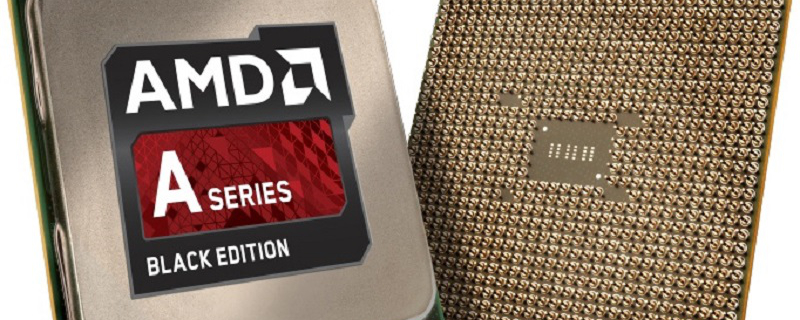AMD Athlon 860K Black Edition CPU Review
Conclusion
When AMD announced the Athlon 860K all we could think about was the budget gaming market, with a price under £65, an unlocked multiplier and 4 of AMD’s newest Steamroller processing cores was this the budget performer we wanted? Happily we can say it is.
Being a CPU review we need to start with results from our CPU based testing. In most tests the Athlon 860K performs in most cases very similarly to its predecessor the Athlon 760K, with some tests performing slightly worse and others significantly better. In our Game tests the 860K was clearly shown to be better than the 760K when used with the AMD R7 250, which is great given the popularity of the 760K in budget systems.Â
When it came to memory speeds the 860K shows clear performance benefit when you bumped the memory speeds beyond 1866MHz, which is something that the 760K didn’t. When compared to the Kaveri 7850K, the benefits of high speed memory are much less noticeable, but this is due to the large gains AMD iGPUs get when using higher speed memory rather than pure CPU performance.Â
In essence this CPU is a Kaveri APU without an integrated GPU, so for our gaming tests we will be combined this CPU with an AMD R7 250, a £60 GPU, which alongside the £65 Athlon 860K made this combo cost a around £125, in other words it will cost almost the same as the AMD Kaveri A10 7850K APU. In our testing 860K R7 250 combo thrashed the Kaveri 7850K in all GPU tests, to a degree that it couldn’t even be considered a contest. In games average framerates by well over 50% higher for the 860K + R7 250 in most cases, making the 860K, R7 250 combination a significantly better gaming platform than the Kaveri 7850 APU.
When we tested AMD’s Dual Graphics mode with the A10-7850 and R7 250, we found that in every game except Tomb Raider the 860K and R7 250 had a higher framerate, which means that most games will not be able to utilize the extra GPU power provided by the APU. Anyone thinking about an APU Dual Graphics based gaming system should just buy a 860K and a more expensive dedicated GPU as you will have much better performance and not have to rely on game support for dual graphics/Crossfire. Â Â Â
In our OpenCL based tests we again see significantly greater performance from the 860K with the R7 250 compared to the Kaveri 7850K. The only disadvantages to the Athlon 860K + R7 250 combo has is the lack of HSA support and the fact that your motherboards rear video IO (HDMI, DVI etc) is totally useless, as there is no integrated GPU. Neither of these shortcomings are exactly dealbreakers given that barely any applications support HSA right now and not many people will care about a few unusable ports in the rear IO, especially given your GPU should have the same ports.
Overclocking this CPU was simple, we easily got this CPU to 4.5GHz and gained a decent bit of performance by doing so. Sadly while 4.5 sounds like a great overclock we have to remember that this CPU starts with a maximum turbo clock of 4.0GHz, so the gains are not as significant as lets say a Pentium G3258 which moved from a stock 3.2GHz to 4.5GHz.
All in all the AMD Athlon 860K makes a itself a very good position as a budget gaming CPU. When combined with a dedicated GPU you can easily beat AMDs APUs in terms of Price to Performance with the only dissadvantage being the loss of HSA support. This chip is a great little gamer for the price, so we are awarding it with the OC3D Gamers choice award and the OC3D Value for Money award.





